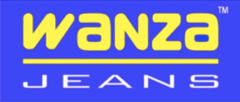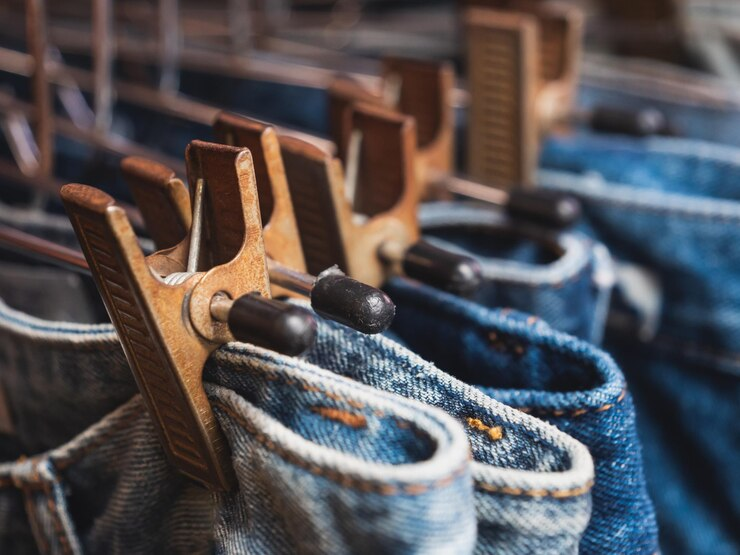1. Perfect Fit and Comfort One of the primary advantages of customized jeans is the ability to achieve a perfect fit. Standard sizing often fails to accommodate diverse body shapes, leading to discomfort and dissatisfaction. Custom jeans are tailored to exact measurements, ensuring optimal comfort and a flattering silhouette.
2. Unique Style and Design Custom clothing allows consumers to express their individuality through unique designs. From distressed finishes to embroidered details, personalized jeans offer endless possibilities for creativity. Private label manufacturers work closely with brands to bring these visions to life, ensuring each pair stands out.
3. Sustainable Fashion Choice The demand for sustainable fashion has grown, and customized jeans contribute to this movement. By producing garments based on actual demand, manufacturers reduce waste associated with overproduction. Additionally, many private label manufacturers prioritize eco-friendly materials and ethical production practices.
4. Brand Exclusivity For businesses, private label manufacturing provides an opportunity to establish a distinct brand identity. Custom jeans can be designed with exclusive labels, tags, and packaging, reinforcing brand recognition and loyalty among consumers.
The Private Label Manufacturing Process
1. Design and Conceptualization The process begins with design consultations, where brands share their vision for the jeans. Manufacturers assist in refining sketches, selecting fabrics, and finalizing details such as pocket styles, button placements, and stitching techniques.
2. Fabric Selection High-quality denim is the foundation of great jeans. Manufacturers offer a range of fabric options, including organic cotton, stretch denim, and recycled materials, catering to different preferences and sustainability goals.
3. Pattern Making and Sampling Once designs are approved, patterns are created to match exact measurements. A sample pair is produced for fitting and adjustments, ensuring the final product meets expectations before full-scale production begins.
4. Production and Quality Control After sample approval, bulk production commences. Each pair undergoes rigorous quality checks to ensure consistency in stitching, fit, and finish. Private label manufacturers maintain strict standards to deliver premium products.
5. Branding and Packaging The final step involves adding brand-specific elements such as labels, tags, and packaging. This step is crucial for private label clients who want their jeans to reflect their brand’s identity.
Challenges in Customized Jeans Manufacturing
While the benefits are substantial, producing custom jeans presents certain challenges:

